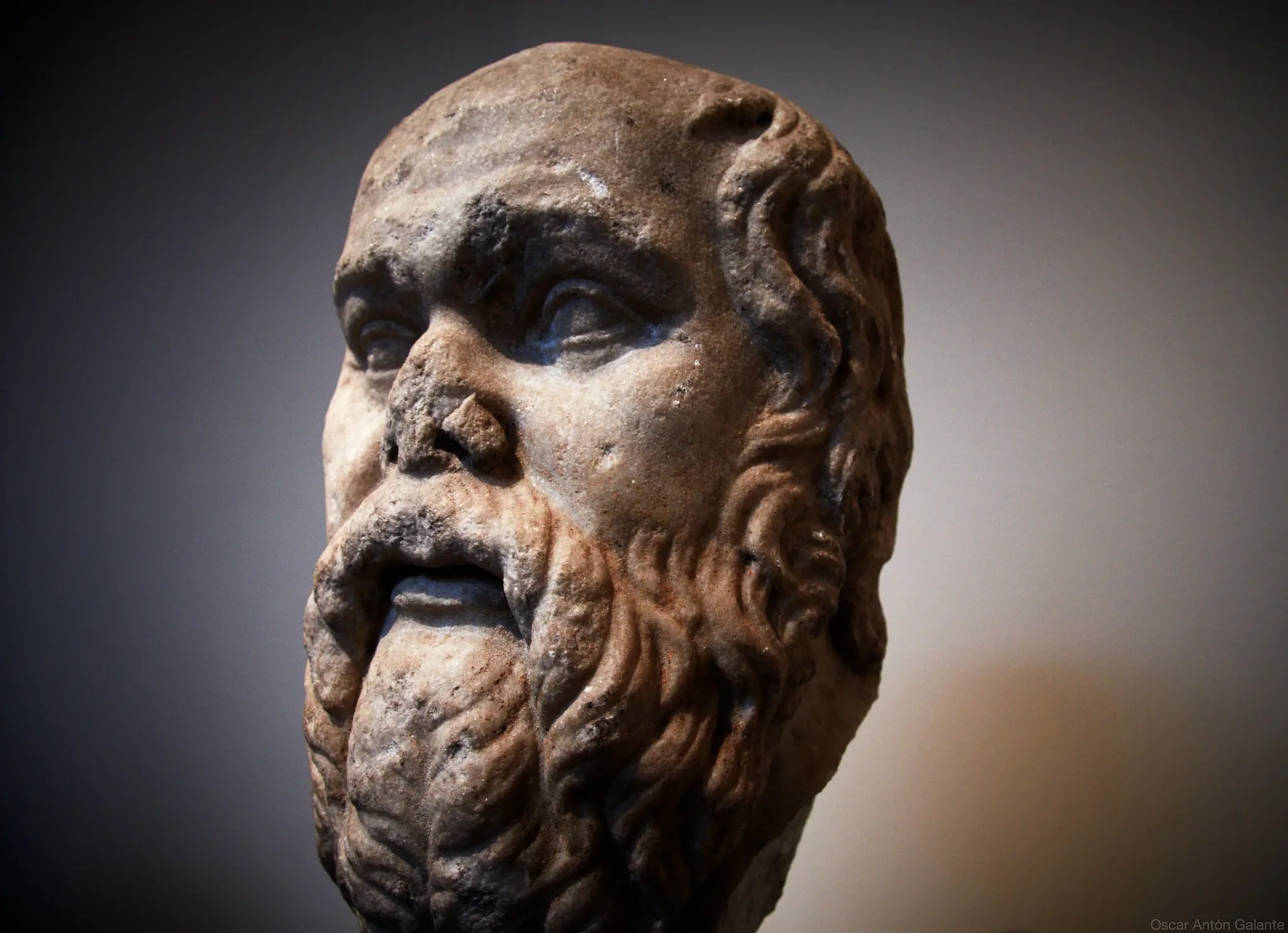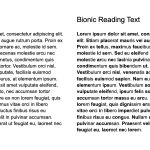Last Updated on 07/09/2023 by Eleanor Thompson
The Socratic method, often described as the art of questioning, represents a time-honoured form of dialogue and a cornerstone of Western intellectual tradition. Rooted in the practices of the classical Athenian philosopher Socrates, this method utilises a form of dialectic — a dialogue between two or more people who may have different views but are aiming to seek truth through reasoned argument. In this article, we shall delve into the nuances of the Socratic dialectic, its historical background, principles, applications, and significance in today’s world.
Principles of the Socratic Dialectic
- Questioning: The Socratic method begins with a question. But it’s not just any question — it’s often a simple, yet profound inquiry into the nature or definition of a concept, such as “What is justice?”
- Elenchus (Refutation): As the dialogue progresses, Socrates would often point out contradictions in the other person’s answers, pushing them to refine or rethink their position.
- Acknowledging Ignorance: One of the hallmark moments in many Socratic dialogues is the recognition of one’s own ignorance. Socrates himself often claimed that his wisdom was limited to knowing that he knew nothing.
- Pursuit of Truth: The dialogues are not mere debates. Rather, they are co-operative endeavours between the participants to uncover the truth.
- Iterative Nature: The Socratic dialectic isn’t linear. It is iterative, often moving back and forth as positions are revised and refined in light of new insights.
Is there any difference between Socrates’ Dialectic and the Socratic method?
The terms “Socrates’ Dialectic” and “Socratic method” are often used interchangeably, but they can be distinguished in nuance and focus. Socrates’ Dialectic refers to the specific method of inquiry and discussion employed by Socrates in his interactions, as documented by sources like Plato. It emphasised the exposure of contradictions within an individual’s beliefs, thereby prompting them to refine or reconsider their stance. The Socratic method, on the other hand, broadly encapsulates the pedagogical technique of using questions to stimulate critical thinking and to draw out ideas from the student. While it’s rooted in Socrates’ original practices, the Socratic method has been adapted over time and may not strictly adhere to the exact manner in which Socrates engaged in discussions. In essence, Socrates’ Dialectic is a subset of the wider Socratic method, reflecting the original practices of the philosopher himself.
Applications of the Socratic Dialectic
The influence of the Socratic dialectic can be seen in various fields:
- Education: Modern educators often use Socratic questioning to stimulate critical thinking and to draw out ideas and underlying presumptions in their teaching.
- Law: The “Socratic method” is a staple in many law schools where students are asked to take a position and then challenged through questioning to defend, refine, or reconsider that position.
- Psychotherapy: Cognitive therapists sometimes use a form of Socratic questioning to help patients recognise and revise distorted thinking patterns.
Significance in Today’s World
In a contemporary world inundated with information and polarised beliefs, the Socratic method serves as a valuable tool to foster understanding, bridge divides, and cultivate an informed citizenry. The method:
- Promotes Critical Thinking: In an age of “fake news” and misinformation, Socratic questioning can help individuals assess the validity and logic of their beliefs.
- Encourages Humility: Recognising the limits of one’s knowledge can cultivate intellectual humility.
- Builds Collaborative Dialogue: It emphasises co-operative argument rather than adversarial debate, fostering mutual respect and understanding.
- Unveils Underlying Assumptions: It helps in making explicit many implicit beliefs and biases, opening them up for examination.
Conclusion
The Socratic method dialectic is not just a historical relic but a living tradition of inquiry that remains relevant and urgently needed in the 21st century. In promoting clarity of thought, mutual respect, and the rigorous pursuit of truth, it stands as a testament to the enduring value of dialogue and critical thinking. Whether we engage in it formally or informally, we stand to benefit immensely from adopting the spirit of Socratic inquiry in our lives.
Special thanks Oscar Anton for providing the image
Author Profile
Latest entries
 Resources2024.01.25Animals That Start With The Letter N
Resources2024.01.25Animals That Start With The Letter N Bionic Reading2023.09.22Bionic Reading for Dyslexia: A Potential Bridge to Enhanced Comprehension
Bionic Reading2023.09.22Bionic Reading for Dyslexia: A Potential Bridge to Enhanced Comprehension Bionic Reading2023.09.21Bionic Reading for ADHD: Harnessing the Power of Visual Cues to Aid Focus and Comprehension
Bionic Reading2023.09.21Bionic Reading for ADHD: Harnessing the Power of Visual Cues to Aid Focus and Comprehension Bionic Reading2023.09.20Bionic Reading Method
Bionic Reading2023.09.20Bionic Reading Method




